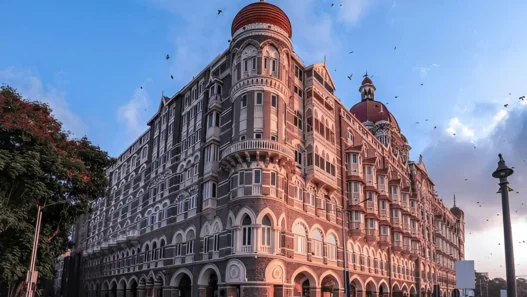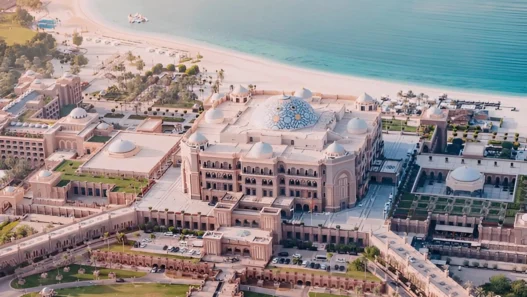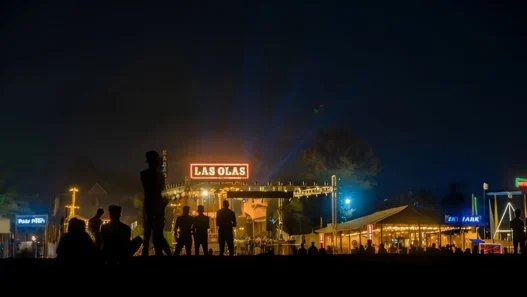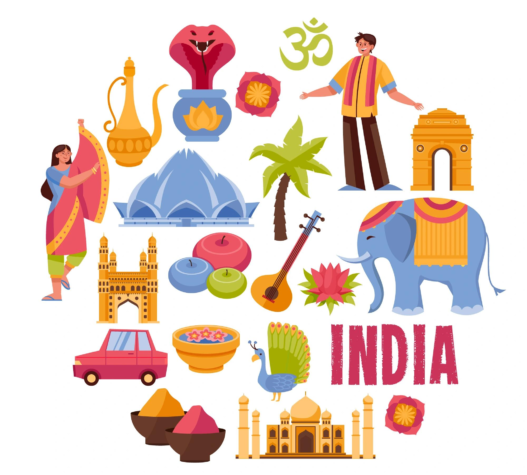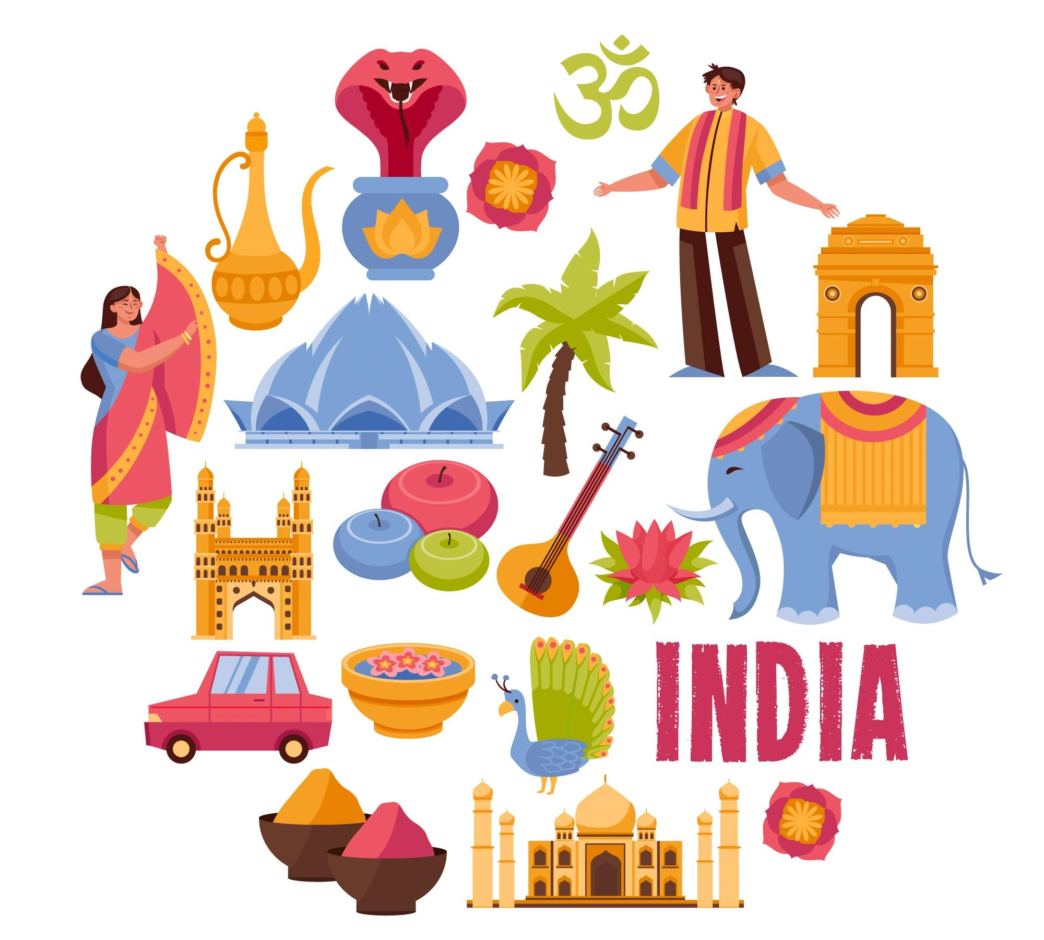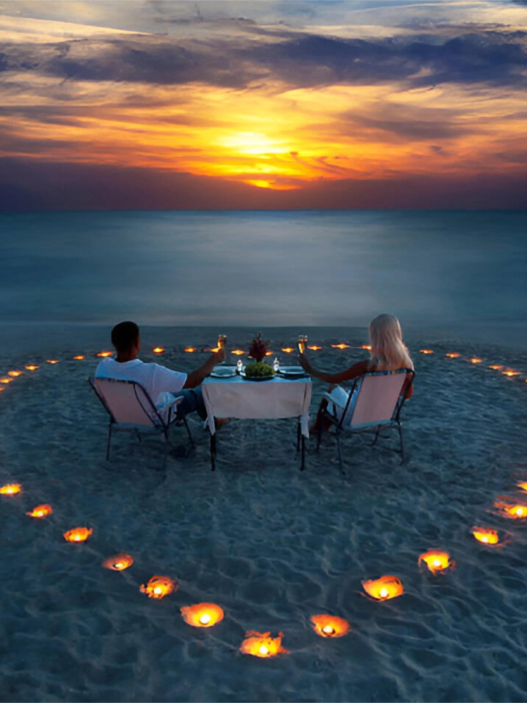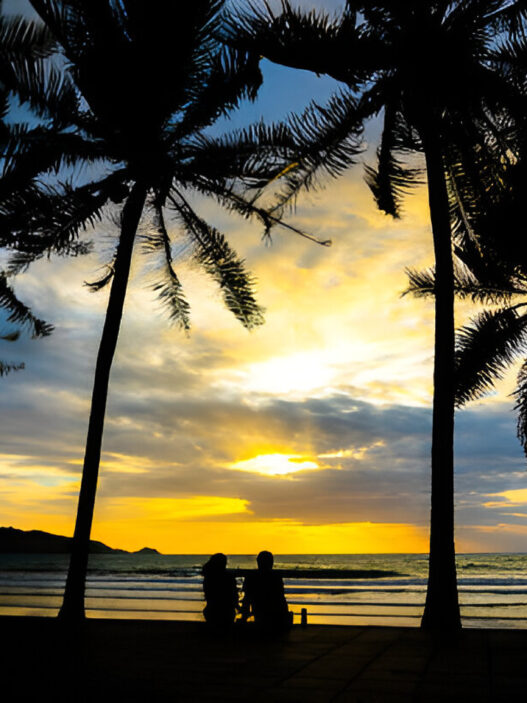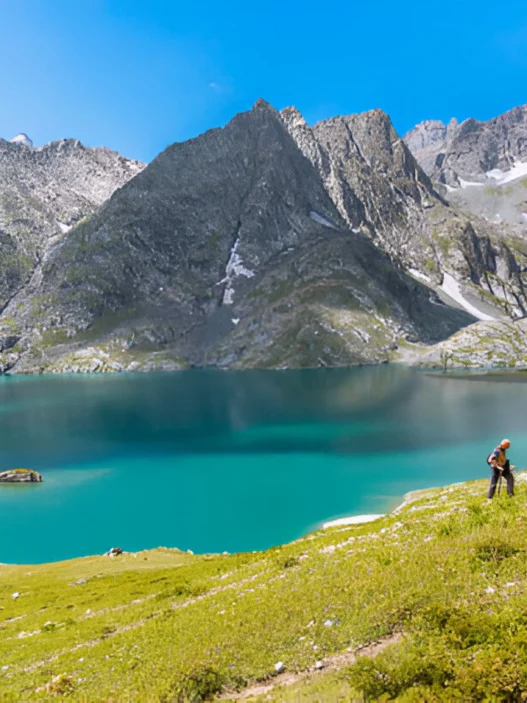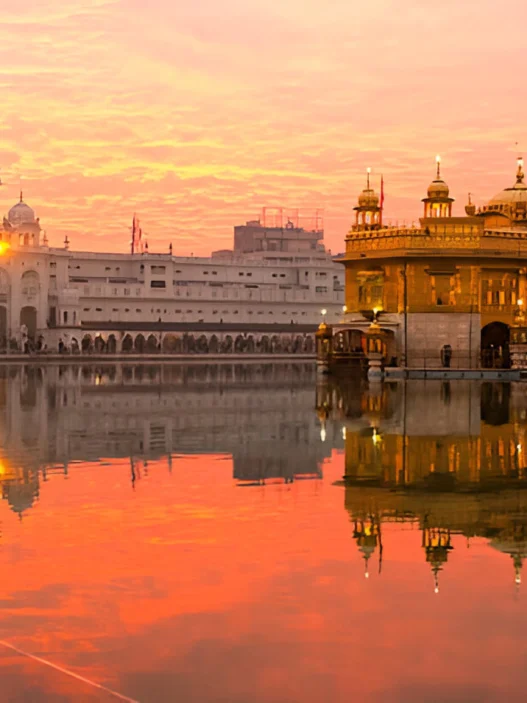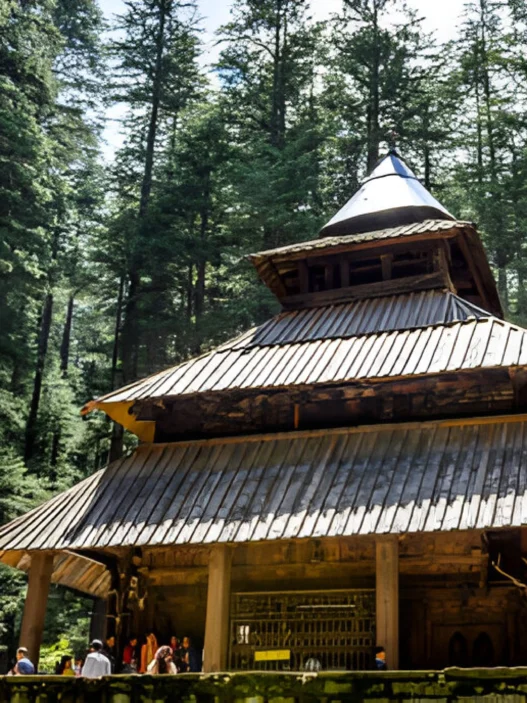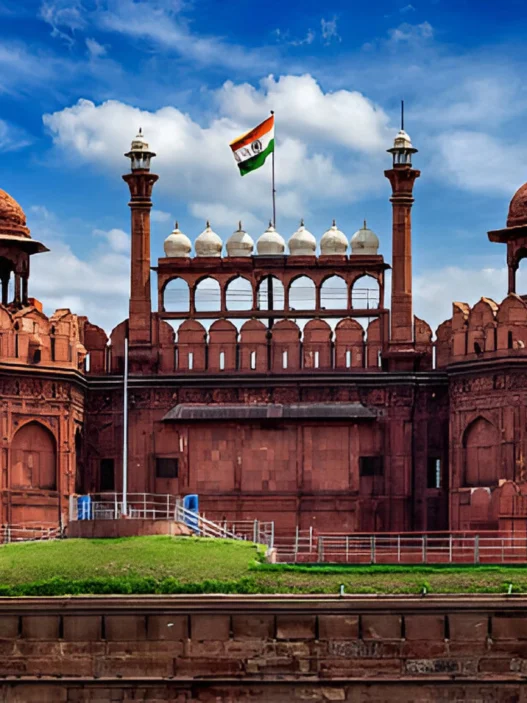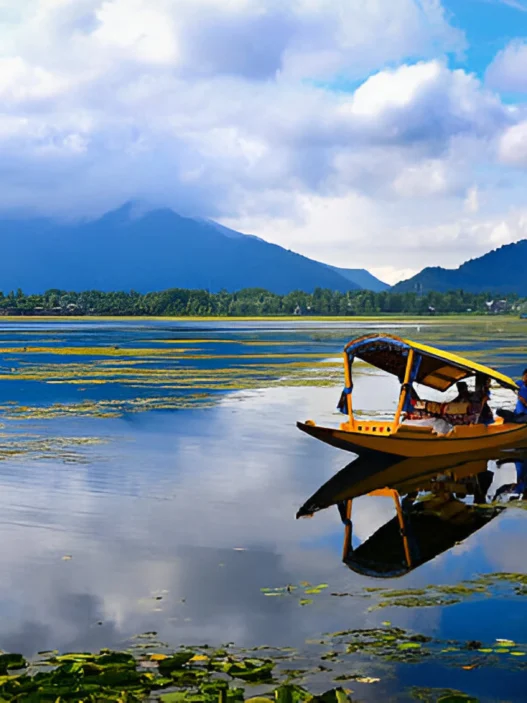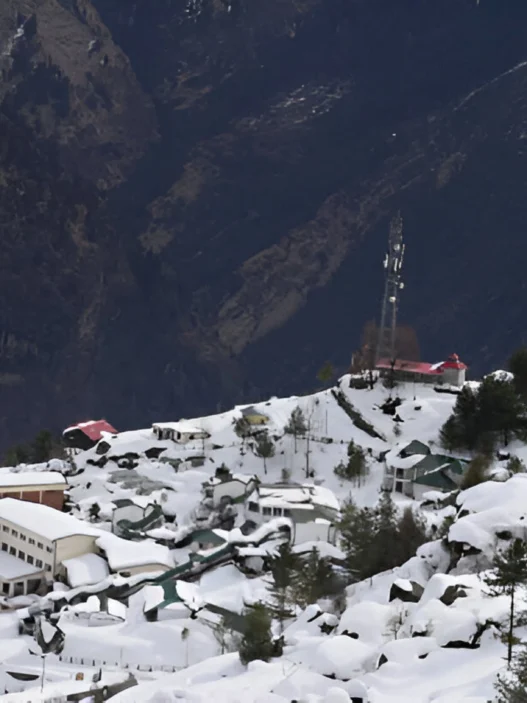India, a land of diverse cultures and rich traditions, is renowned for its vibrant festivals. Each festival is not just a celebration but a reflection of the country’s deep-rooted heritage, spirituality, and the sense of unity among its people. From North to South and East to West, India celebrates festivals that hold great significance in people’s lives. Whether religious, cultural, or seasonal, these festivals bring communities together, transcend boundaries, and foster harmony. In this blog, we explore the major festivals of India that are celebrated with fervor and zeal across the nation.
1. Diwali: The Festival of Lights
One of the most widely celebrated festivals in India is Diwali, also known as the Festival of Lights. It is observed by Hindus, Sikhs, Jains, and Buddhists. Diwali signifies the triumph of light over darkness, good over evil, and knowledge over ignorance. The festival is marked by lighting oil lamps or diyas, bursting fireworks, and decorating homes with colorful rangolis. Diwali is also a time for family gatherings, feasting, and exchanging gifts. It holds a special place in the hearts of people as it is a time to celebrate prosperity, joy, and the victory of righteousness.
2. Holi: The Festival of Colors
Holi, the Festival of Colors, is another major festival celebrated with immense enthusiasm across India. This festival marks the arrival of spring and the victory of good over evil. People celebrate Holi by playing with vibrant colored powders, splashing water balloons, and dancing to the beats of traditional music. It’s a time to forget past grievances and embrace love and togetherness. The joy and energy of Holi symbolize the spirit of unity and harmony among people from all walks of life. The festival is celebrated mainly in the month of March, heralding a fresh start with the changing season.
3. Eid-ul-Fitr: A Celebration of Faith
For Muslims in India and around the world, Eid-ul-Fitr marks the end of the holy month of Ramadan. It is a significant festival of feasting, charity, and prayers. People gather at mosques to offer special prayers, after which they visit family and friends, exchange sweets, and share meals. Eid-ul-Fitr is not only a time for celebration but also for gratitude and reflection. The festival promotes peace, compassion, and a sense of community. On this day, Muslims express gratitude for the strength and patience they demonstrated during Ramadan and offer charity to those in need.
4. Christmas: A Joyous Occasion for Christians
Christmas, celebrated on December 25th, marks the birth of Jesus Christ. For Christians in India, this festival is one of the most important. It is a time of joy, reflection, and giving. People decorate their homes with Christmas trees, lights, and stars. Churches are beautifully decorated, and midnight Mass is a significant tradition. The festival also emphasizes the importance of sharing, as people exchange gifts, donate to charity, and feast on festive treats like cakes and sweets. Christmas brings people of all religions together, promoting love and goodwill among all.
5. Navratri: A Festival of Nine Nights
Navratri, which literally means ‘nine nights,’ is one of the most important Hindu festivals. It is celebrated over nine nights and ten days, dedicated to the worship of Goddess Durga. The festival signifies the victory of Goddess Durga over the demon Mahishasura, symbolizing the triumph of good over evil. During Navratri, devotees fast, perform rituals, and engage in traditional dances like Garba and Dandiya. It is a time for spiritual reflection, devotion, and community participation. The culmination of Navratri is celebrated with Dussehra, which marks the victory of Lord Rama over Ravana.
6. Raksha Bandhan: A Bond of Love
Raksha Bandhan is a beautiful festival that celebrates the bond between brothers and sisters. On this day, sisters tie a sacred thread (rakhi) around their brothers’ wrists, symbolizing their love and prayers for their well-being. In return, brothers pledge to protect and care for their sisters. Raksha Bandhan is a reminder of the special relationship shared between siblings, emphasizing love, care, and protection. The festival is celebrated with great enthusiasm, and people often exchange sweets and gifts to mark the occasion.
7. Durga Puja: A Celebration of Goddess Durga
Durga Puja is an elaborate and grand festival, primarily celebrated in the state of West Bengal. The festival honors Goddess Durga and her victory over the buffalo demon Mahishasura. Durga Puja involves intricate rituals, dances, music, and a sense of collective celebration. Elaborate pandals (temporary structures) are erected to house idols of Goddess Durga, which are worshiped with great devotion. The last day of Durga Puja, known as Vijayadashami, signifies the victory of good over evil, and people participate in processions as they immerse the idols in rivers.
8. Onam: The Harvest Festival of Kerala
Onam is the harvest festival celebrated in the state of Kerala, usually during the month of August or September. The festival is associated with the mythical King Mahabali, whose spirit is believed to visit the homes of people during Onam. It is a time for grand feasts, traditional dance forms like Kathakali and Thiruvathira, and vibrant boat races. The highlight of Onam is the Onam Sadhya, a traditional vegetarian feast consisting of several courses. The festival brings families together to celebrate the season of abundance and prosperity.
Conclusion: Festivals that Unite and Inspire
The festivals of India are not just occasions for joy and celebration; they are an embodiment of the country’s cultural diversity, spiritual beliefs, and social values. Each festival, with its unique customs and rituals, brings communities together and fosters a sense of unity. Regardless of religion, caste, or region, festivals in India serve as a reminder of the importance of harmony, love, and togetherness in an ever-evolving world. These festivals are the heartbeat of India’s cultural identity, enriching the lives of millions and offering a vibrant tapestry of traditions for generations to come.


